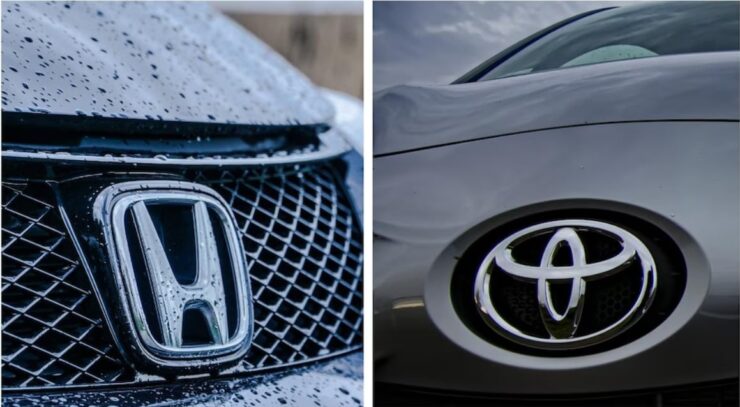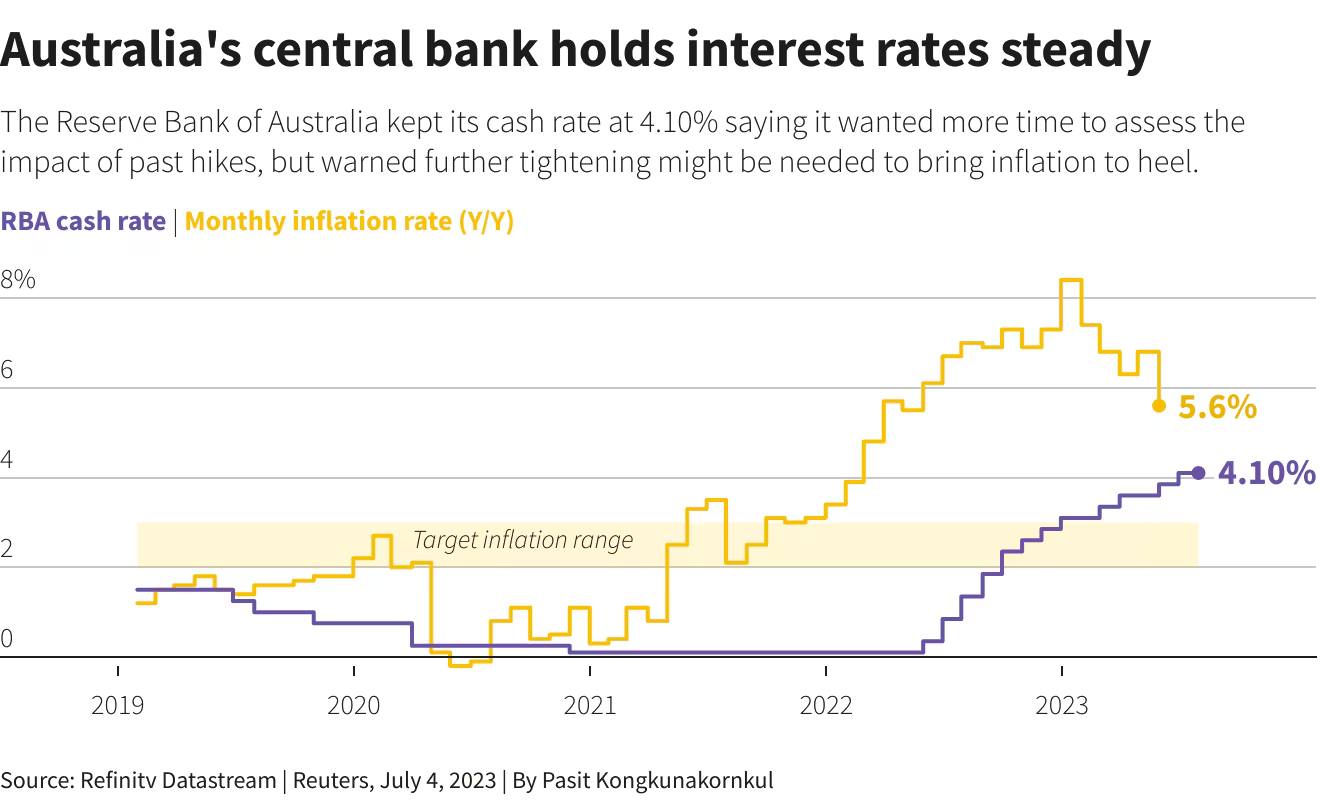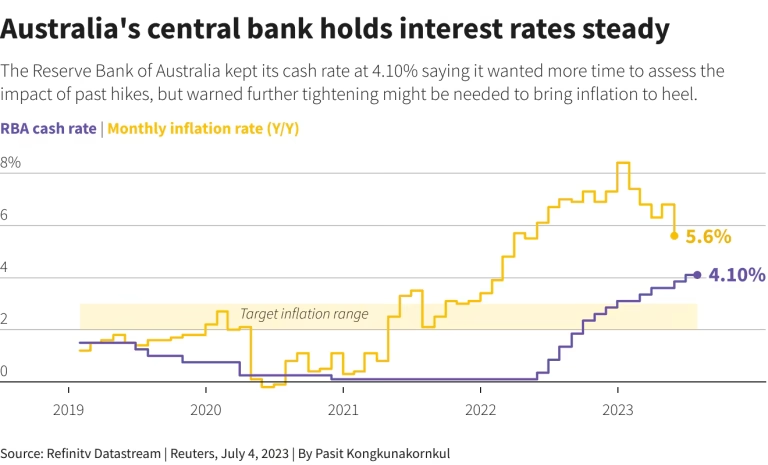When it comes to choosing a reliable and efficient car, two brands often come to mind: Honda and Toyota. But how do they compare and which is better? Honda boasts sporty designs and Honda Sensing safety technology.
Toyota shines with long-lasting durability and economical pricing. Both brands are reputable for reliability; but Toyota cars last longer. Choosing between them depends on prioritizing either innovative safety or enduring value.
We will explore various factors, such as performance, safety, and overall reliability, to help you make an informed choice. After running numerous tests, we believe this guide provides the most in-depth look at how these two brands stack up. So keep reading to find out who wins.
Honda Vs Toyota: Brand Comparison
Both Honda cars and Toyota cars are well-known because of these two brands’ significant market shares. Car buyers regularly pit these two automakers against one another when making purchasing decisions.
Whether you want midsize cars, a pickup truck, or something with a hybrid powertrain – these two brands have it all. You’ll notice awesome features like adaptive cruise control and Android Auto too. So choose your new vehicle from the Honda or Toyota lineup instead of other automakers.
Both Japanese automakers have established themselves as leaders in the auto industry, consistently producing vehicles that are reliable, efficient, and affordable. But how do they stack up against each other?
Honda Brand History

In the late 1940s, Honda was founded by Soichiro Honda, initially manufacturing motorcycles and scooters. As Japan’s market grew, we diversified into the automotive industry in the early 1960s. The first car, the Honda T360 mini truck, was introduced in 1963, followed by the well-loved and iconic Honda Civic in 1972.
Over the years, they continued to innovate and expand their line of vehicles, including the technology-forward Honda Accord. Focused on environmental and safety advancements, they have earned a reputation for eco-friendly hybrid and fuel cell vehicles, e.g., the Honda Insight and Clarity.
Toyota Brand History
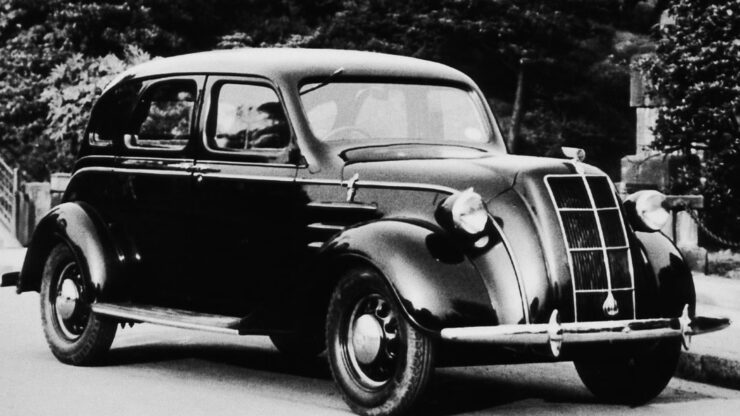
Founded in 1937 by Kiichiro Toyoda, Toyota began as a spin-off from Toyoda Automatic Loom Works. The humble beginnings in the textile machinery business allowed for a solid foundation in manufacturing, leading them to produce their first car, the AA, in 1936.
With an unwavering commitment to quality and innovation throughout the years, they have become one of the world’s leading automakers.
The legendary Toyota Corolla, first introduced in 1966, has become one of the bestselling vehicles globally, and the Toyota Prius hybrid has set a benchmark for environmentally-friendly vehicles.
Key Differences
Driving Experience
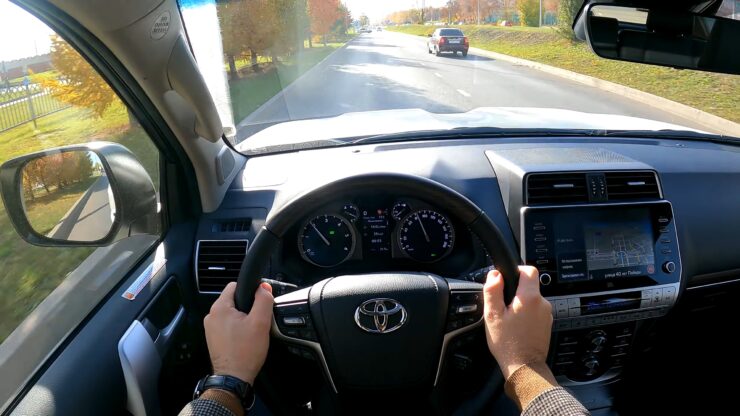
Both brands offer vehicles with good handling and comfortable rides. However, Honda tends to focus more on the sporty aspect of driving. Honda vehicles generally offer more agile handling and engaging performance, making them a favorite among driving enthusiasts.
Toyota, while still providing a comfortable ride, tends to lean more towards a smooth, relaxing driving experience. Toyota’s vehicles are often seen as more refined and quiet, prioritizing comfort over sporty performance.
Design Philosophy
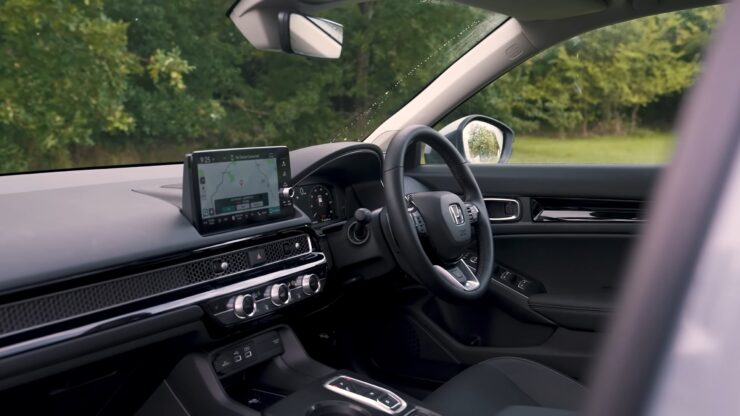
Honda’s design philosophy, “Man Maximum, Machine Minimum,” means they design their cars around the driver and passengers for maximum comfort and space. Their vehicles often have more modern, edgy designs.
Toyota, on the other hand, follows a more conservative design approach. Their vehicles, while stylish, tend to be more understated and universally appealing. Each brand uses standard equipment and standard features inside the vehicles too.
Performance and Efficiency
When you choose a model, we recommend a test drive because the performance can vary. For example, a vehicle with an automatic transmission and four-cylinder engine will operate differently. So consider these factors when comparing the two.
Fuel Efficiency
Both brands are industry leaders when it comes to fuel-efficient vehicles. Toyota has a longer history in the hybrid market, with the Prius being the world’s top-selling hybrid.
Honda also has a range of hybrids and has been catching up in recent years with models like the Insight and the Accord Hybrid. Honda vehicles and Toyota vehicles are similar when it comes to overall vehicle fuel economy.
Engine Technology
In terms of engine technology, both Honda and Toyota have been constantly innovating to provide better performance and efficiency. Honda’s vehicles, such as the 2021 Honda Civic, come with a standard 2.0-liter 4-cylinder engine producing 158 horsepower.
This engine is mated to a CVT to ensure smoother shifting and improved fuel efficiency. On the other hand, Toyota offers a range of engine options across its lineup. Both are dependable vehicles.
For instance, the 2024 Toyota Corolla comes with several trims, including a hybrid variant. The engines in Toyota vehicles are known for their reliability and power, with performance levels varying depending on the model and trim.
Toyota Vs. Honda Safety Features
Safety is paramount when it comes to choosing a vehicle. Both Honda and Toyota have invested heavily in advanced safety technologies to ensure their vehicles offer maximum protection to drivers and passengers alike.
Honda Sensing Technology
We simply cannot talk about safety features without mentioning the Honda Sensing Technology. This suite of advanced safety technologies includes features like forward collision warning, automatic emergency braking, lane departure warning, and lane-keeping assist.
One thing that sets Honda apart in the safety realm is their use of a sophisticated camera for monitoring the roadway. This allows their system to detect and respond to potential hazards more effectively. Additionally, Honda consistently receives high safety ratings, making their vehicles a great choice for those who prioritize safety in their cars.
Toyota Safety Sense
Toyota is also committed to keeping drivers safe with their Toyota Safety Sense. This suite features similar advanced safety functions like pre-collision warning, lane departure alert, and dynamic radar cruise control.
The main difference between Toyota Safety Sense and Honda Sensing is that Toyota uses both a camera and radar system to scan the surroundings. The combination of these technologies creates a more comprehensive safety system that is designed to offer better protection on the road.
When it comes to safety, both Honda and Toyota have made significant strides in their technology offerings. It’s always a good idea to test drive and explore the various safety features that each brand provides to determine which system aligns best with your needs.
Regardless of your choice, you can be confident knowing that both Honda and Toyota are dedicated to keeping you and your passengers safe on the road.
Models: Vehicle Lineup
When comparing a Honda model and Toyota model, we can’t help but take a closer look at their respective vehicle lineups. Both brands offer a diverse range of vehicles, catering to various preferences and budget requirements.
Popular Honda Models

Honda is known for its reliable vehicles with excellent performance and driving dynamics. Some popular Honda models on the market today include:
- Civic: This compact car is a favorite among drivers looking for a fuel-efficient and reliable daily driver. It comes in various trims, including a sporty hatchback version.
- Accord: As one of Honda’s most famous mid-sized sedans, the Accord provides impressive fuel efficiency, comfortable interior space, and a smooth driving experience.
- CR-V: This well-rounded compact SUV is a great option for families, offering a spacious cabin, ample cargo space, and advanced safety features.
These are just a few examples of Honda’s lineup, which also includes minivans, sports cars, and even an electric vehicle, the Honda Clarity.
Popular Toyota Models
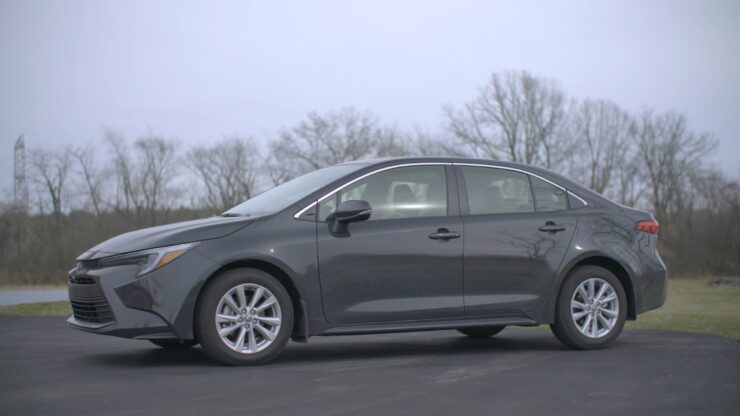
Toyota, on the other hand, is renowned for its high-quality vehicles and fuel efficiency. A few popular Toyota models worth mentioning are:
- Corolla: This classic compact car comes in different body styles, including hatchback and sedan. It boasts excellent gas mileage and a reputation for reliability.
- Camry: One of the most popular mid-size sedans is the Camry and Camry Hybrid. It offers a spacious interior, powerful engine options, and cutting-edge features.
- RAV4: As a well-rounded compact SUV, the RAV4 is ideal for those in need of cargo space, driving capabilities, and fuel efficiency.
Aside from these popular models, Toyota offers a wide range of options, including the fuel-efficient Prius, powerful Tundra truck, and sleek 4Runner SUV.
FAQ
Which brand offers a better warranty: Honda or Toyota?
Answer: Both Honda and Toyota offer competitive warranties for their vehicles. Typically, both brands provide a 3-year/36,000-mile basic warranty and a 5-year/60,000-mile powertrain warranty.
However, it’s always best to check with the specific dealership for any promotions or extended warranties they might offer.
How do the resale values of both compare?
Both Honda and Toyota vehicles tend to hold their value well over time. However, specific models like the Toyota Land Cruiser and Honda CR-V are often highlighted for their exceptional resale value. It’s essential to consider factors like vehicle condition, mileage, and market demand when assessing resale value.
Are maintenance costs higher for both?
Maintenance costs can vary based on the specific model, location, and how the vehicle is used. Generally, both Honda and Toyota are known for their reliability, which can lead to lower maintenance costs over time. However, it’s always a good idea to consult local service centers for specific maintenance estimates.
Which brand offers more electric or hybrid vehicle options?
While both brands have ventured into the hybrid and electric vehicle market, Toyota has a slightly longer history with hybrids, thanks to the success of the Prius. However, Honda has been expanding its hybrid lineup and has introduced electric models as well.
Do both offer similar financing options?
Both Honda and Toyota have their financial services that offer a range of financing and lease options. The specific terms, interest rates, and promotions can vary based on creditworthiness, location, and time of year. It’s recommended to consult with dealership finance departments for the most up-to-date offers.
How do Honda and Toyota infotainment systems compare?
Both Honda and Toyota have made significant strides in their infotainment systems over the years. Features like Apple CarPlay, Android Auto, touch-screen displays, and navigation are commonly found in both brands. However, user interface and responsiveness can vary, so it’s a good idea to test them out during a test drive.
Are there any unique features that one brand offers over the other?
While many features overlap, each brand has its unique offerings. For instance, Honda has the Magic Seat feature in the Honda Fit, allowing for versatile cargo space. Toyota, on the other hand, has introduced features like the ECO mode in many of its vehicles to enhance fuel efficiency.
Verdict: Is Honda Better Than Toyota?
In the end, the choice between Honda and Toyota boils down to personal preferences and priorities. Honda, with its sporty designs and advanced safety features, might appeal to those who prioritize driving dynamics and cutting-edge technology.
Toyota, known for its durability and longevity, might be the choice for those who value long-term reliability and a more conservative design.
Both brands have their strengths and have proven time and again their commitment to producing high-quality vehicles. Whether you lean towards Honda’s innovative approach or Toyota’s tried-and-true reliability, you’re making a solid choice either way.

